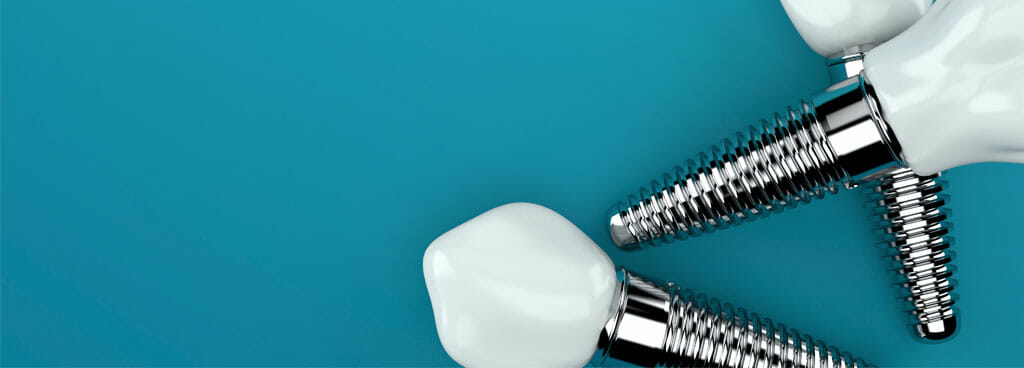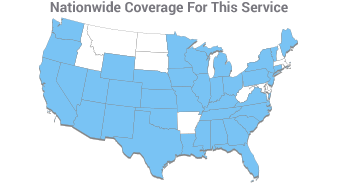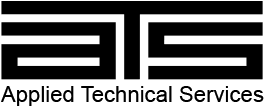- Home
- Services/IndustriesServicesindustries
- About Us
- LocationsStatesAccordion ContentAccordion ContentAccordion ContentAccordion Content
- Job Openings
- Quick Links
- ATS Family

Medical Device Product Testing
The Applied Technical Services (ATS) Family of Companies takes pride in our extensive and efficient medical device product testing capabilities. We are committed to providing high-quality testing services to our clients.
Why Medical Device Product Testing Is Necessary
Medical device testing is necessary for any product development cycle requiring regulatory marketing approval. It consists of a series of specific tests verifying that the product’s intended service conditions will not impede its performance or reliability, thus preventing potential patient risks.
What We Offer
Our company has a broad scope of medical device product testing, including dental implant testing, extremity implant testing, joint implant testing, and spinal implant testing. Each product we work with needs a specific type of testing. For example, dental implants require fatigue testing to ensure the implant’s integrity by simulating a worst-case scenario after exposing them to cycles of forces until they fail.
Common Mechanical Testing We Perform
Tensile Testing: A mechanical test that applies force to separate material or assembly from each other.
Shear Testing: Test that applies two opposite forces to a part of the assembly along a parallel axis.
Torsion testing: Technicians perform this type of medical testing by adding force to a fixed point. Manufacturers request it to help collect information such as torsional shear stress, shear modulus, and maximum torque, as well as to locate the material’s breaking angle.
Fatigue Testing: The cyclic loading of a specimen that uses material fatigue as an estimate for the specimen’s lifespan to verify whether it meets design criteria.
Wear & Simulation Testing: A test that evaluates the performance of a device when put under real-world conditions.
Instrument & Life Cycle Testing: This test helps customers improve their designs to get better performance and longer service lives out of their products.
Lot Verification Testing: We confirm that each lot of product meets the minimum requirements for market release.
Non-Standard Testing: A broad range of testing methods with no accepted standard.
Axial Compression Testing: A mechanical testing service in which we apply compressive forces to a specimen.
Dedicated Screw Testing: This includes driving torque, pull-out, shear, fatigue, and lever testing. Driving torque and pull-out testing go hand in hand; Driving torque measures the force it takes to push a screw into a known substrate, while pull-out measures the resistance a screw displays against being pulled out. Shear, fatigue, and lever showcase how much force a screw endures when the plate or rod keeping it in place is moving.
Quality Assurance
The ATS Family of Companies possesses the widest range of accredited mechanical testing standards for medical devices in the United States. We are dedicated to continually bettering our standards at every available opportunity. Furthermore, we have ISO/IEC 17025:2017 accreditations and a staff that adheres to an ISO-recognized Quality Management System (QMS).
Our organization possesses a team of highly trained and experienced mechanical technicians ready to help your company execute its medical device product testing plans. We assist clients in obtaining reliable test reports that will help them meet global regulatory requirements, such as FDA and CE marketing approval. We invite you to request a quote on your next medical device product test with us today.

Request Form
"*" indicates required fields
Medical Device Testing
ASTM Testing
- ASTM F1044 Shear Testing of CaP and Metallic Coatings
- ASTM F1160 Shear and Bending Fatigue of Coatings
- ASTM F1264 Intramedullary Fixation Device Testing
- ASTM F1357 Articulating Total Wrist Implant Testing
- ASTM F1378 Shoulder Prostheses Testing
- ASTM F1541 ESFD Testing
- ASTM F1672 Patellar Prosthesis Testing
- ASTM F1714 Gravimetric Wear Assessment of Prosthetic Hip Design in Simulator Device Testing
- ASTM F1717 Spinal Implant Testing
- ASTM F1781 Elastomeric Flexible Hinge Finger Total Joint Implants Testing
- ASTM F1798 Spinal Implant Subassembly Testing
- ASTM F1820 Modular Acetabular Device Strength Testing
- ASTM F1829 Glenoid Locking Mechanism Shear Testing
- ASTM F1875 Fretting Corrosion Testing of Hip Implant Interfaces
- ASTM 2009 Modular Prostheses Taper Connection Testing
- ASTM F2025 Wear Assessment of Polymeric Components
- ASTM F2028 Glenoid Loosening Testing
- ASTM F2077 Intervertebral Body Fusion Device Testing
- ASTM F2183 Small Punch Testing
- ASTM F2193 Spinal Fixation Components
- ASTM F2267 Measuring Subsidence of Intervertebral Fusion Devices
- ASTM F2346 Standard and Dynamic Testing of Artificial Intervertebral Discs
- ASTM F2423 Wear and Fatigue Testing of Total Disc Prostheses
- ASTM F2502 Absorbable Plate and Screw Testing
- ASTM F2554 CAS System Precision Testing
- ASTM F2624 Static, Dynamic, and Wear Testing of Extra-Discal Spinal Implants
- ASTM F2624 Spinal Implant Dynamic Testing
- ASTM F2694 Lumbar Total Facet Prosthesis Testing
- ASTM F2706 Spinal Implant Fatigue Testing
- ASTM F2789 Mechanical and Functional Characterization of Nucleus Devices
- ASTM F2790 Static and Dynamic Testing of Total Facet Prostheses
- ASTM F382 Metallic Bone Plates Testing
- ASTM F384 Angled Orthopedic Fixation Testing
- ASTM F543 Metallic Medical Bone Screw Testing
- ASTM F564 Metallic Bone Staple Testing
ISO Testing
- Biocompatibility Testing for Medical Devices ISO 10993
- ISO-10328 Structural Testing of Lower Limb Prosthetics
- ISO 10993 Biocompatibility
- ISO 10993 Biocompatibility Testing
- ISO 10993 Testing
- ISO 10993 Testing Lab
- ISO 18192-1 Wear Testing for Intervertebral Disc Prostheses
- ISO 12189 Fatigue Testing of Flexible Spinal Implants
Medical Device Testing
- Fatigue Testing Lab
- Implant Testing
- Material Testing Laboratory
- Material Device Regulatory Compliance Testing
- Medical Device Testing
- Medical Device Testing Certification
- Medical Device Materials Testing
- Medical Device Materials Testing Consulting
- Medical Device Mechanical Testing
- Medical Device Mechanical Testing Regulations
- Medical Device Performance Testing
- Medical Device Product Testing
- Medical Device Reliability Testing
- Medical Device Standards Testing
- Medical Device Standards Testing Certifications
- Medical Device Testing Companies
- Medical Device Testing Services
- Medical Device Testing Lab
- Medical Implant Testing Lab
- Orthopedic Device Testing
- Prosthetic Testing
- Prosthetic Testing Services
